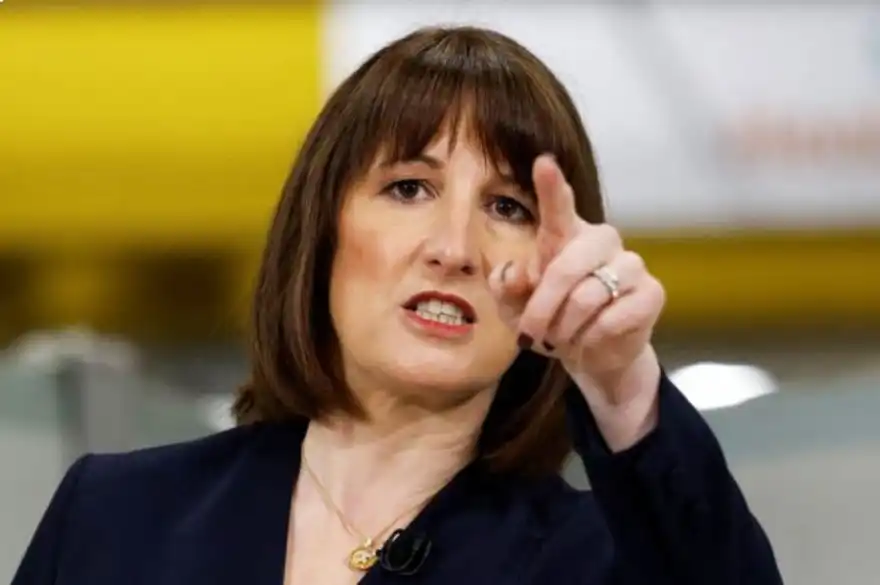
Electric vehicle (EV) drivers are facing sharp criticism of government policy after new tax rules were confirmed that could cost owners over £3,000 in additional charges.
From April 1, 2025, EVs will no longer be exempt from Vehicle Excise Duty (VED). This change, originally introduced by former Chancellor Jeremy Hunt and confirmed by current Chancellor Rachel Reeves in the 2024 Autumn Budget, is part of the Government’s plan to create what it calls a “fairer” tax system.
Under the new rules:
- All new EVs registered from April 1, 2025, will pay a £10 first-year rate.
- From year two, they will move to the standard VED rate of £195 per year.
- If the vehicle has a list price of over £40,000, it will also be subject to the Expensive Car Supplement — an extra £425 per year for five years.
In total, drivers of EVs priced above £40,000 could pay around £3,100 in tax over five years.
The so-called “luxury car tax” has been in place since 2017, but the £40,000 threshold has not been adjusted for inflation. Industry experts say this is outdated and have called for the limit to rise to at least £50,000 to reflect rising vehicle prices.
John Cassidy, Managing Director of Sales at Close Brothers Motor Finance, warned that the change could hurt EV adoption.
“While it’s positive that more EV models are available and that the technology is improving, private demand is still too low,” he said. “Upfront costs, poor charging infrastructure and energy bill concerns are already barriers for buyers. Adding more tax only makes switching harder.”
Cassidy added that removing financial incentives, like tax exemptions, risks making government targets — such as the Zero Emission Vehicle (ZEV) mandate and the delayed 2035 petrol and diesel ban — even harder to meet.
Recent data from the Society of Motor Manufacturers and Traders (SMMT) shows that EVs held a market share of over 20% in April, although sales fell slightly after a record-breaking March.
In response, a government spokesperson pointed to the UK’s growing EV sector, stating: “A record 382,000 electric vehicles were sold last year – the highest in Europe. We now have over 75,000 public chargepoints, with one being installed every 29 minutes. We’re also investing over £2.3 billion to support the transition, create well-paid jobs, and help the UK lead the way in clean energy.”



